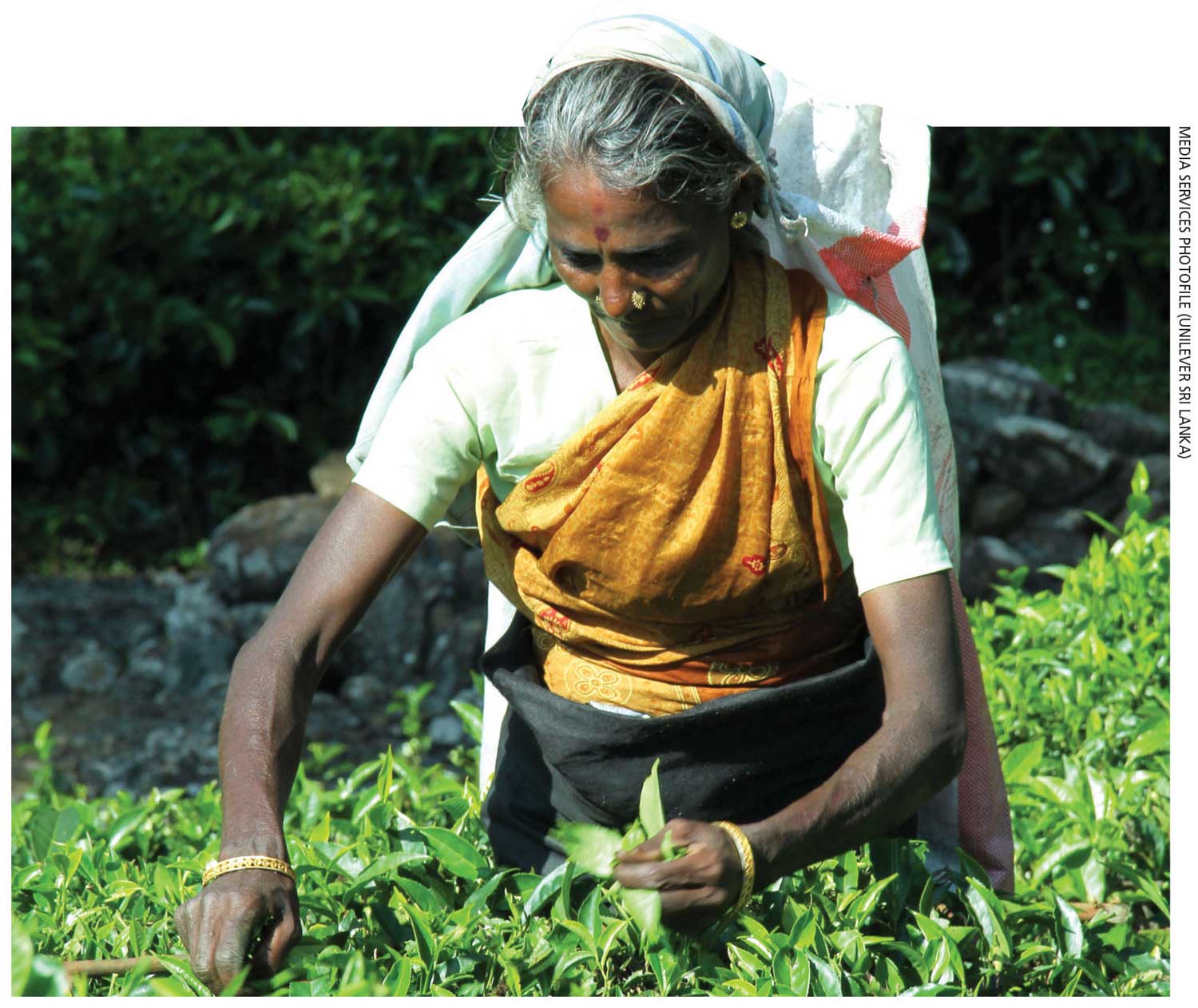

DIGNITY ON OUR PLANTATIONS
Dr. Jehan Perera traces our history of governance without accountability
Several events took place in August to mark the 200th anniversary of the arrival of the South Indian Malaiyaha Tamils in Sri Lanka. A little publicised march wended its way from Talaimannar on the northwestern coast to Matale in the central hills. The march retraced the jungle track of 200 years ago that brought tens of thousands of men and women from South India to work in the newly established tea plantations of Sri Lanka.
Tens of thousands had also perished along the way and in some groups, as many as 40 percent died during this arduous journey. Those who trod the same route in the modern era were mindful that the ground they were walking on contained the graves of missing people from another era.
In one of its first decisions in 1948, the government of independent Sri Lanka denied the Tamils of recent Indian origin the right to live in the country as citizens. At that time, they were the largest ethnic minority population in the country, exceeding the northern Sri Lankan Tamil population.
Virtually all sections of the nation were complicit in this cruel decision that stripped over a million people of their right to citizenship. They were denied the right to vote and other basic human rights, and weren’t provided with any protection under the rule of law or the constitution.
The economic crisis has most severely affected those who continue to work on the plantations in support of whom the march took place. Surveys conducted by the World Bank show that the plantations sector is the worst affected in the island with poverty reaching 50 percent of the population.
Due to this desperate situation therefore, it’s not surprising that only a few could afford to take a leave of absence from work and join the march, and forego the Rs. 1,000 a day wage that requires working a minimum number of days in the month.
Their struggle for a paltry daily wage of Rs. 1,000 commenced before the COVID-19 pandemic weakened the national economy. However, work on tea plantations continued as the curfew was not applied to agriculture.
When the plantation workers were finally granted their daily wage of Rs. 1,000 in 2021 after more than five years of struggle, its real value had been devalued by inflation. In addition, various conditions were attached to it – such as working a minimum number of days and plucking a minimum number of kilos of tea to earn their full pay.
The government needs to take steps to increase wages of plantation workers as a priority. This would require restructuring the plantations sector along modern lines as in other tea growing nations.
There is also a need to permit plantation workers to purchase land and own their homes. The recent ugly destruction of a house on an estate, which received nationwide attention, must be remedied in a spirit of justice and reparation for decades of injustice.
And the government’s policy commitment in 2016 to offer seven perches of land on the estates to each family for their housing needs to be implemented without delay and made applicable to all state owned plantations regardless of their management.
One of the government’s recent proposals has been to establish a National Unity and Reconciliation Commission (Truth Commission) for which the draft legislation has already been prepared.
The mandate of this Truth Commission is extremely narrow and covers only a part of the war that the country experienced from 1983 to 2009.
Sri Lanka needs a larger reckoning with the truth if it’s to overcome the past and forge ahead in unity. The disenfranchisement and denial of citizenship rights to the Malaiyaha Tamils set the stage for governance without accountability; and that has finally brought the country to the sorry situation it is in.
A broader truth commission needs to include the trail of death from Talaimannar to Matale, the virtual imprisonment of a large population as indentured labour for over 200 years, the denial of their citizenship rights 75 years ago, and the need for accountability, reparations and institutional reforms to rectify the wrongs of the past.
This content is available for subscribers only.





